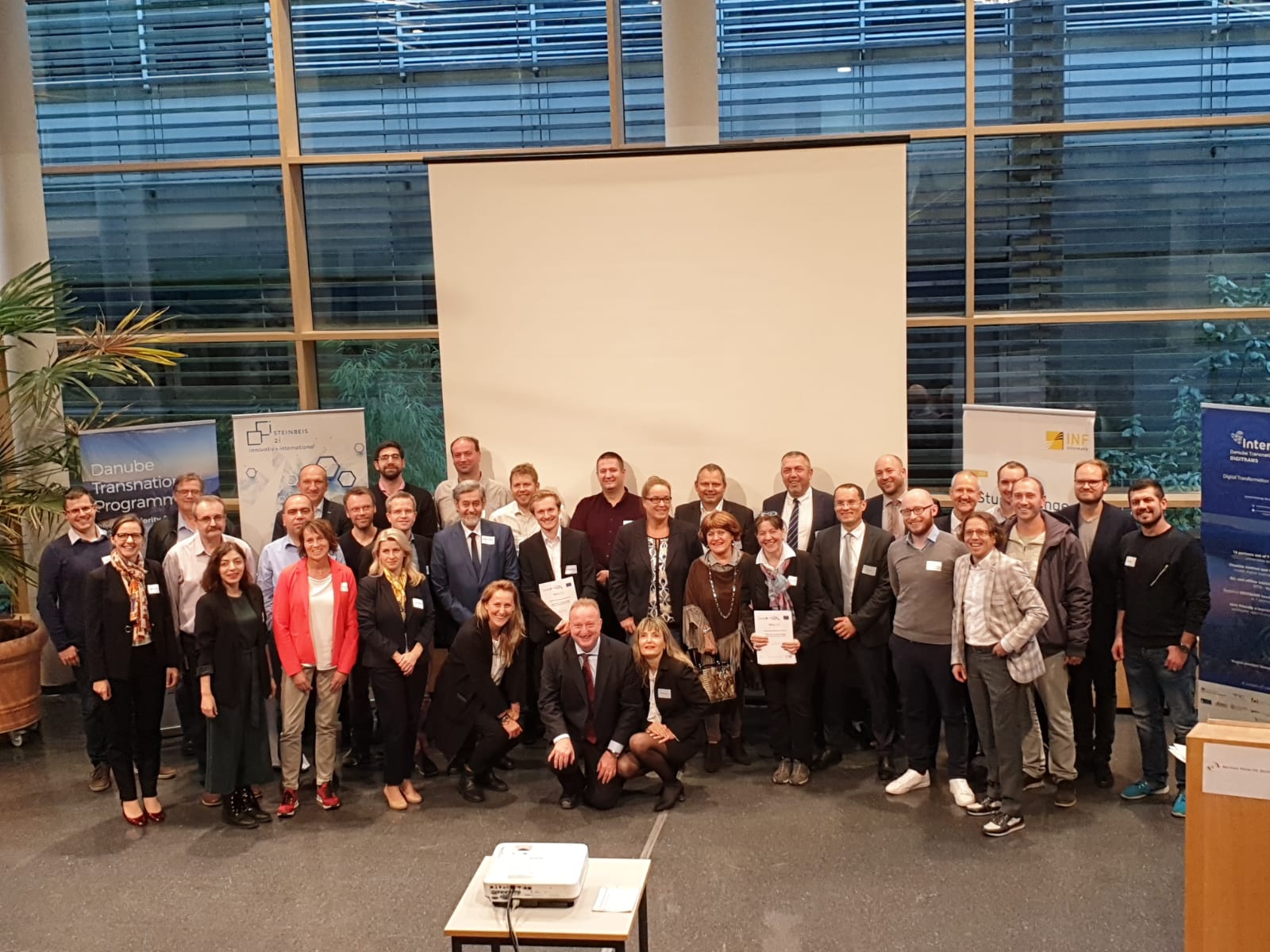Danube S3 Cluster - BARCAMP Boblingen 2019 - Danube Competitiveness in practice event
05-11-2019

Between October 18 and 20, 2019, at Herman Hollerith Zentrum, Böblingen, Germany, barcamp Böblingen was held, a concept presentation of project ideas in the field of pitch digitization. The organizers of the barcamp Böblingen and the coordinators of the EUSDR 8 priority area, the "Digital Danube" and "Transfer of innovation and technology" Working Groups have created discussion topics, unitary on the Danube competitiveness in practice, Smart Cities - innovative digital business perspectives for SMEs.
New technologies and digitalization open new perspectives for smart cities and urban development, but they also represent challenges for small and medium-sized enterprises. How can we cope with these challenges, be prepared for new opportunities and use the results across the Danube region? The first day of the Barcamp Böblingen joint event and Priority 8 of the EU Strategy for the Danube Region (EUSDR) Working groups Digital Danube (coordinated by Reutlingen University) and Innovation and Technology Transfer focused on business models in the revision of urban areas to transform degraded areas into smart areas, and cities into smart cities. The event offered stakeholders and SMEs in Baden-Württemberg and the Danube region the opportunity to exchange experiences and address their challenges directly to the representatives of the present administration and policy. The next two days of the Böblingen barcamp were organized in the format of "non-conference - pitch type presentations" on themes of internet, digitalization, IT, entrepreneurship, innovation, start-ups (Lean), social media and society.
Gabriel Vladut, representing the Danube S3 Cluster and Romania project partner - IPA Craiova, proposed a pitch on the topic "Smart farm - digitization for the benefit of agri-foodstuffs", keeping the topics of innovation, technology transfer, smart cities / urban regeneration in terms of SMEs. The pitch was followed by discussions on this topic, with participants from Germany, Austria, Slovenia, Slovakia, Bulgaria and Romania, who demonstrated their interest, the existing expertise along the Danube.
